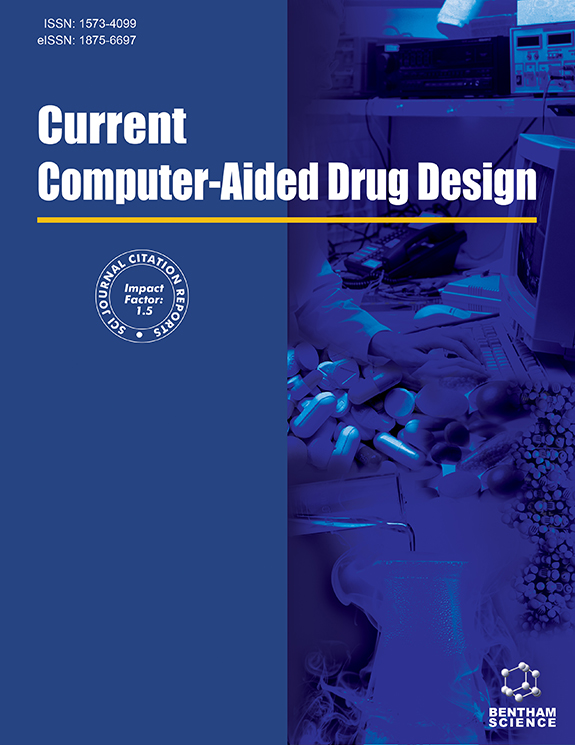Submission Tilte
Explainable AI and Expert System Integration for Precision Drug Design
Submission Abstract:
The rapid evolution of drug discovery demands intelligent frameworks that balance predictive accuracy, interpretability, and domain expertise. Traditional computational methods in drug design, such as molecular docking, QSAR modeling, and virtual screening, often struggle to capture the complex biological interactions underlying drug efficacy and toxicity. At the same time, modern machine learning and deep learning approaches, despite their remarkable performance, are frequently criticized for their “black-box” nature, which limits their acceptance in safety-critical domains such as pharmacology. To address these limitations, this proposal seeks to explore the integration of explainable artificial intelligence (XAI) techniques with expert systems, creating a new paradigm for precision drug design.
Expert systems long valued for their rule-based reasoning, knowledge representation, and transparent decision support offer reliability and interpretability but often lack adaptability to large-scale, heterogeneous biomedical datasets. Conversely, machine and deep learning models excel in capturing hidden patterns within high-dimensional molecular and clinical data, yet provide little insight into their decision-making processes. The synergy of these two paradigms holds promise: AI-driven expert systems that not only predict but also justify decisions can accelerate drug discovery pipelines, improve regulatory compliance, and foster trust among researchers, clinicians, and policymakers.
This call for papers invites original contributions that demonstrate how explainable AI frameworks such as attention mechanisms, gradient-based saliency maps, SHAP, LIME, and counterfactual explanations can be integrated with expert systems to enhance drug design tasks. Potential areas of focus include ligand-based and structure-based drug design, multi-target optimization, de novo drug generation, toxicity prediction, and repurposing of existing drugs. Authors are encouraged to present novel algorithms, hybrid architectures, case studies, and benchmarking results that highlight interpretability, reproducibility, and translational relevance in real-world biomedical settings.
Beyond methodological innovation, the special issue also seeks discussions on ethical and regulatory perspectives of explainable AI in drug discovery. Transparent models can support compliance with evolving guidelines from the FDA and EMA, while also ensuring fairness and minimizing biases in drug candidate selection. Papers addressing data-driven validation, integration of domain knowledge, and human-in-the-loop expert systems will be of particular interest, as these approaches bridge the gap between computational intelligence and pharmaceutical expertise. In summary, this proposal positions Explainable AI and Expert System Integration for Precision Drug Design as a timely and critical research direction. By combining the interpretability and reasoning strengths of expert systems with the adaptive learning capabilities of modern AI, this initiative aims to advance precision medicine, reduce drug development costs, and accelerate the journey from molecular hypothesis to clinical application.




